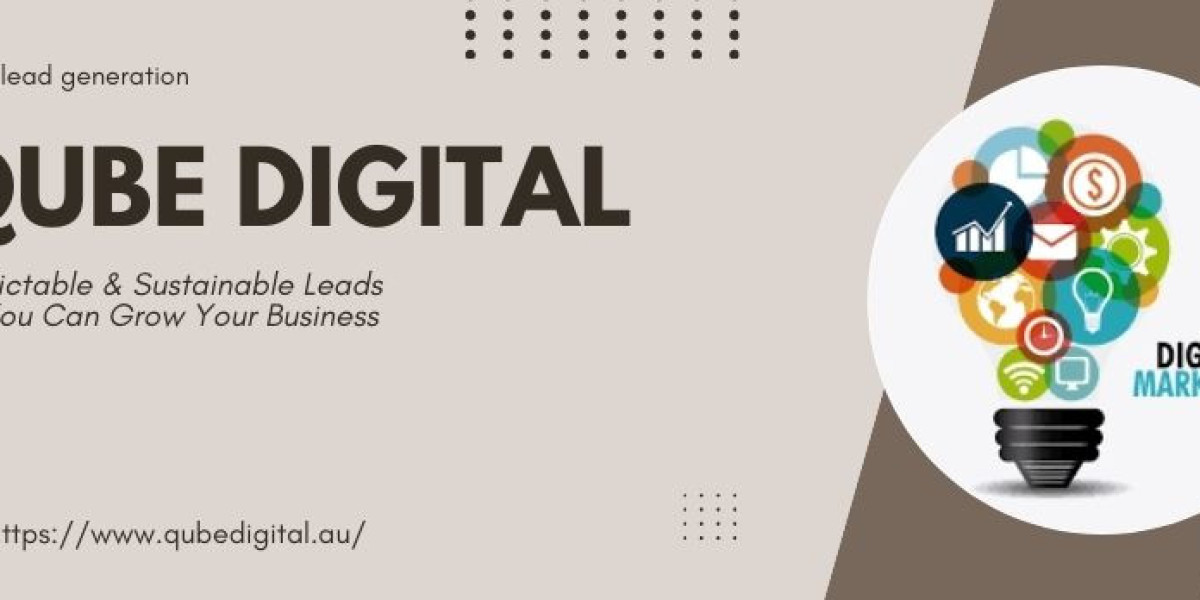In today's fast-paced, technology-driven world, digital marketing has emerged as an indispensable tool for businesses of all sizes. It encompasses a broad spectrum of online strategies designed to promote products, services, and brands to a global audience. Unlike traditional marketing methods, digital marketing leverages the power of the internet, social media, and data analytics to create targeted campaigns that deliver measurable results. With more consumers spending time online, businesses can no longer afford to ignore the potential of digital platforms to engage with their audience.
At its core, digital marketing is about connecting with customers where they are most active—online. It includes a range of strategies such as search engine optimization (SEO), social media marketing, email marketing, content marketing, and pay-per-click advertising. Each of these components plays a unique role in attracting and retaining customers. For example, SEO helps businesses improve their visibility on search engines like Google, while social media marketing enables brands to interact directly with their audience on platforms such as Facebook, Instagram, and LinkedIn.
One of the most significant advantages of digital marketing is its ability to provide real-time data and insights. Through tools like Google Analytics and social media metrics, businesses can track the performance of their campaigns, understand customer behavior, and make data-driven decisions. This level of transparency allows companies to fine-tune their strategies and maximize their return on investment (ROI). Traditional marketing methods, on the other hand, often lack this level of precision and accountability.
Another key benefit of digital marketing is its cost-effectiveness. For small and medium-sized enterprises (SMEs), in particular, digital marketing offers a level playing field. Unlike expensive television or print ads, online campaigns can be scaled to fit virtually any budget. Whether it's a local bakery using Instagram to showcase its daily specials or a global tech company running a sophisticated email marketing campaign, digital marketing provides tools and platforms that are accessible to all.
Social media has revolutionized the way brands communicate with their customers. Platforms like Twitter and TikTok have transformed brand-customer interactions into two-way conversations. This direct engagement helps build trust, foster loyalty, and create a sense of community around a brand. Additionally, influencer marketing, a subset of social media marketing, has gained immense popularity. By partnering with influencers who have a dedicated following, brands can reach niche audiences more effectively than ever before.
Despite its many advantages, digital marketing is not without its challenges. The ever-changing algorithms of search engines and social media platforms require marketers to stay constantly updated. Moreover, the digital space is highly competitive, with countless businesses vying for the attention of the same audience. To succeed, companies must develop innovative strategies and invest in skilled professionals who can navigate the complexities of the digital landscape.
In conclusion, digital marketing is more than just a trend; it is a fundamental shift in the way businesses reach and interact with their customers. By embracing the power of digital tools and strategies, companies can not only enhance their brand visibility but also drive meaningful engagement and growth. As technology continues to evolve, digital marketing will remain at the forefront of business innovation, shaping the future of commerce in the digital age.



